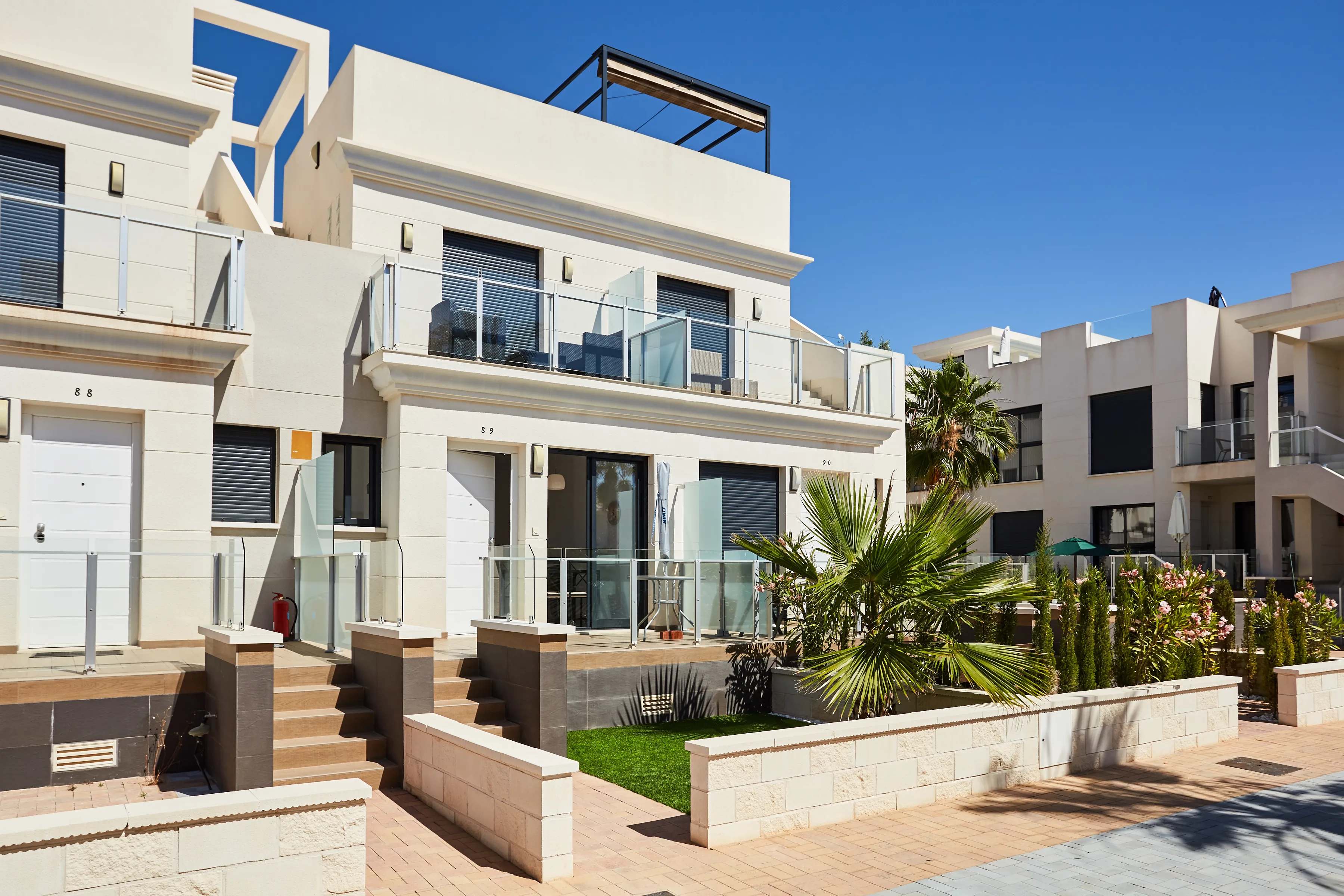British Buyers Shocked By The Hidden Costs Abroad

As the allure of owning a home overseas beckons and prospective buyers are diving headfirst into property markets across Europe’s sun-soaked hotspots. But beware: the headline price of the charming villa might not be the whole story. Beyond the initial shock, are a labyrinth of fees waiting to surprise you. The overseas property specialists at YourOverseasHome.com share their insights on the various fees that overseas property buyers should consider before embarking on their buying journey.
Roseanne Bradley, Senior Copywriter at Your Overseas Home, comments:
“It’s true that a large number of overseas buyers oversee the additional costs that come with buying foreign property. That oversight can significantly affect the overall investment.
“On average, buyers should expect to pay 10% on top of the property price to cover these additional fees. For an accurate quote, speak to your estate agent, lawyer and currency specialist.”
The overseas property experts at YourOverseasHome.com outline a few common fees that overseas buyers may need to consider:
1. Estate agent fees
In most cases, international buyers will use an estate agent to find their dream home abroad. These fees vary between 2-3% however they are often factored into the property price. Most property portals will declare if these costs are included or not.
2. Notary fees
Beyond the listed property price, buyers are often required to pay notary fees, which cover the cost of a legal official who verifies the identity of the parties and the documents involved in the transaction.
In France, the notaire oversees the property buying process and their fee – typically 7% – gets tacked onto the total property price. For a €500,000 property, that’s an extra €35,000. Ooh la la!
3. Legal fees
Legal fees are also a critical consideration, as they cover the cost of lawyers who ensure that the legal aspects of the purchase are sound and that the buyer’s interests are protected. As legal fees vary depending on the firm used and the depth of services, you should speak to your independent property lawyer to gain an accurate understanding of what you’ll pay.
4. Building surveys
Survey fees may be incurred for a detailed inspection of the property, assessing its condition and value, which is a crucial step in due diligence. However, this is rarely mandatory outside of the UK. If you choose to get a building survey done, this will have to be done at your own expense and does not contribute to the average 10% mentioned above.
5. Taxes
Taxes vary widely by jurisdiction but can include stamp duty, property tax, and capital gains tax, all of which must be factored into the budget. For guidance on your financial obligations, speak to a wealth manager.
6. Property transfer fees
Property transfer fees cover the administrative costs of transferring ownership and are yet another expense that can catch unwary buyers by surprise. These fees can vary greatly depending on the country and even the locality within the country, and they often depend on the property’s value or sale price.
For example, in Spain, this tax varies by region between 6.5% in the Canary Islands to 11% in the Balearics. Whereas in France, transfer tax and transfer of ownership are included in the notaires fees.
7. Foreign exchange
If buying a property in a foreign currency, you’ll have to factor currency exchange into your plans. After all, your budget in pounds will differ in euros and the rate continues to move not just daily, but by the minute. Luckily, there are tools available that can help you lock in the rate for up to 12 months and avoid unforeseen movement that would affect your property price. Speak to a currency specialist to discuss your options.
For an accurate picture of what you’ll pay, buyers should conduct thorough research or consult with local experts to understand these fees and taxes fully.
Failure to account for these can lead to unexpected costs that may impact the affordability and profitability of a property investment. Transparency in these matters not only aids the buyer in making an informed decision but also builds trust in the international real estate market, encouraging further investment and development.